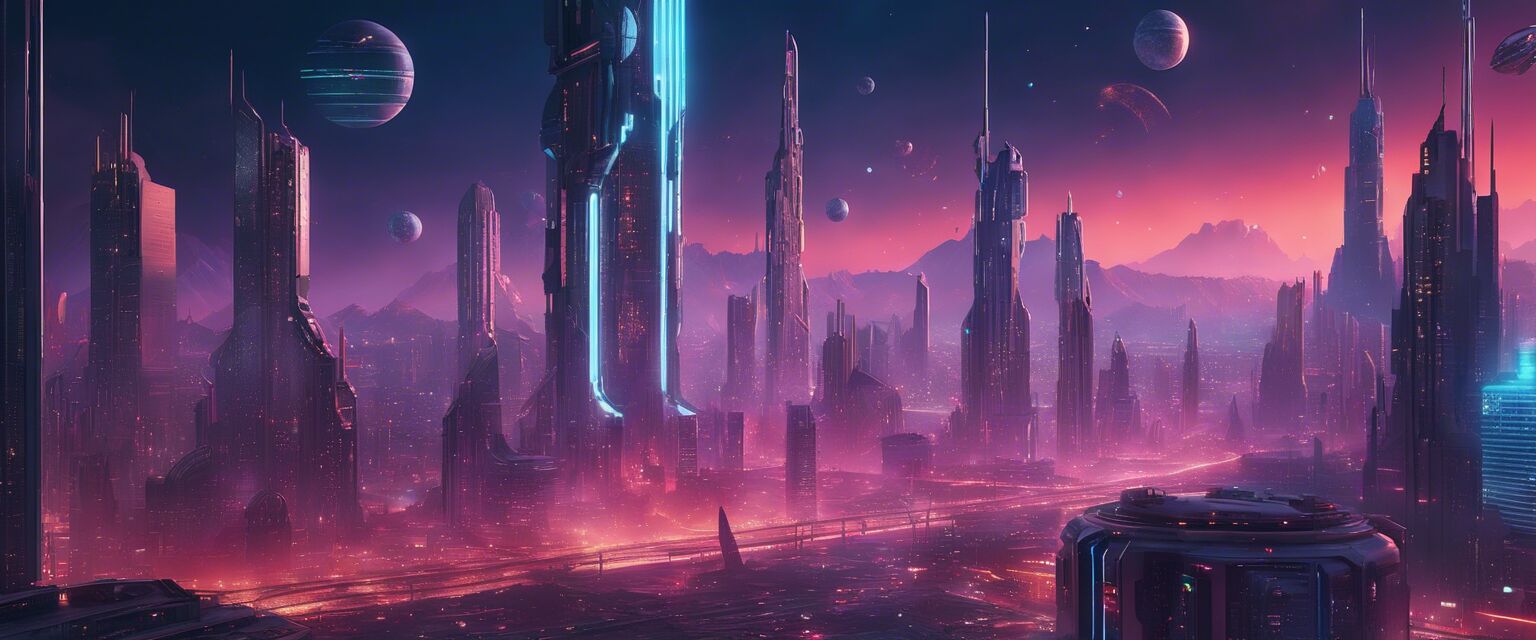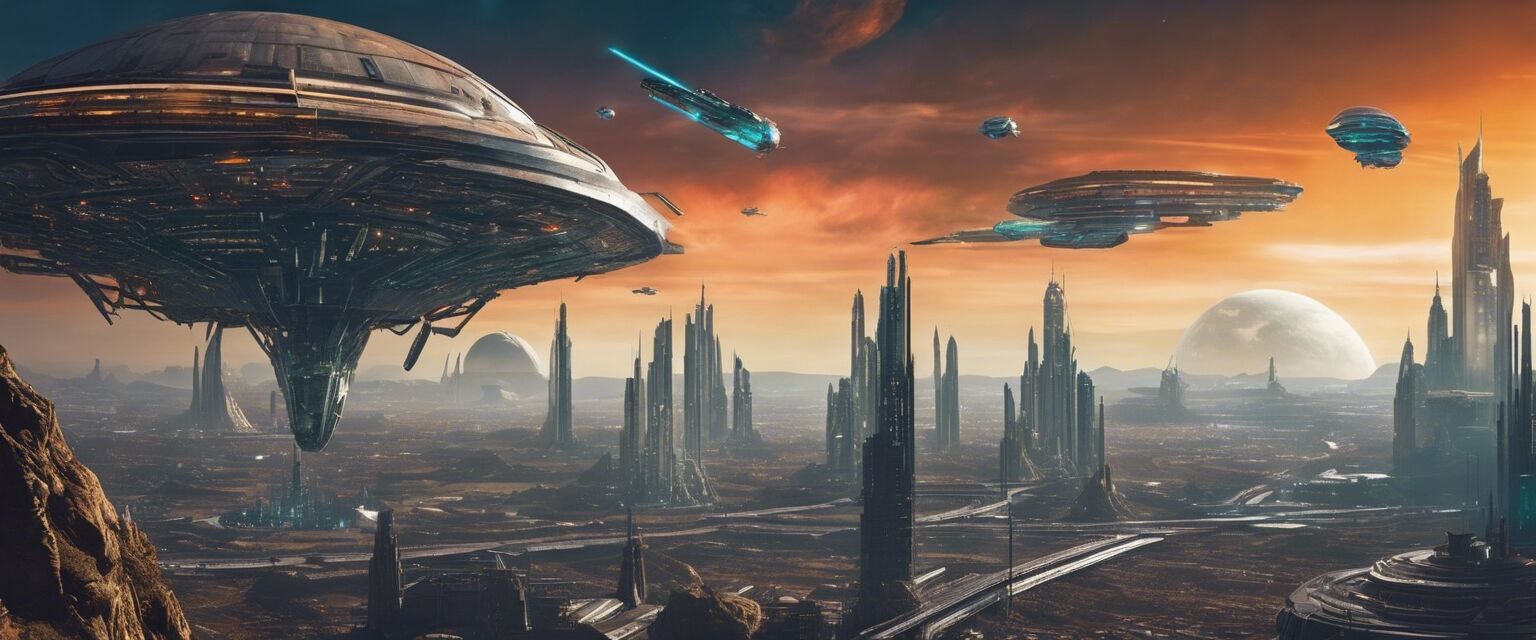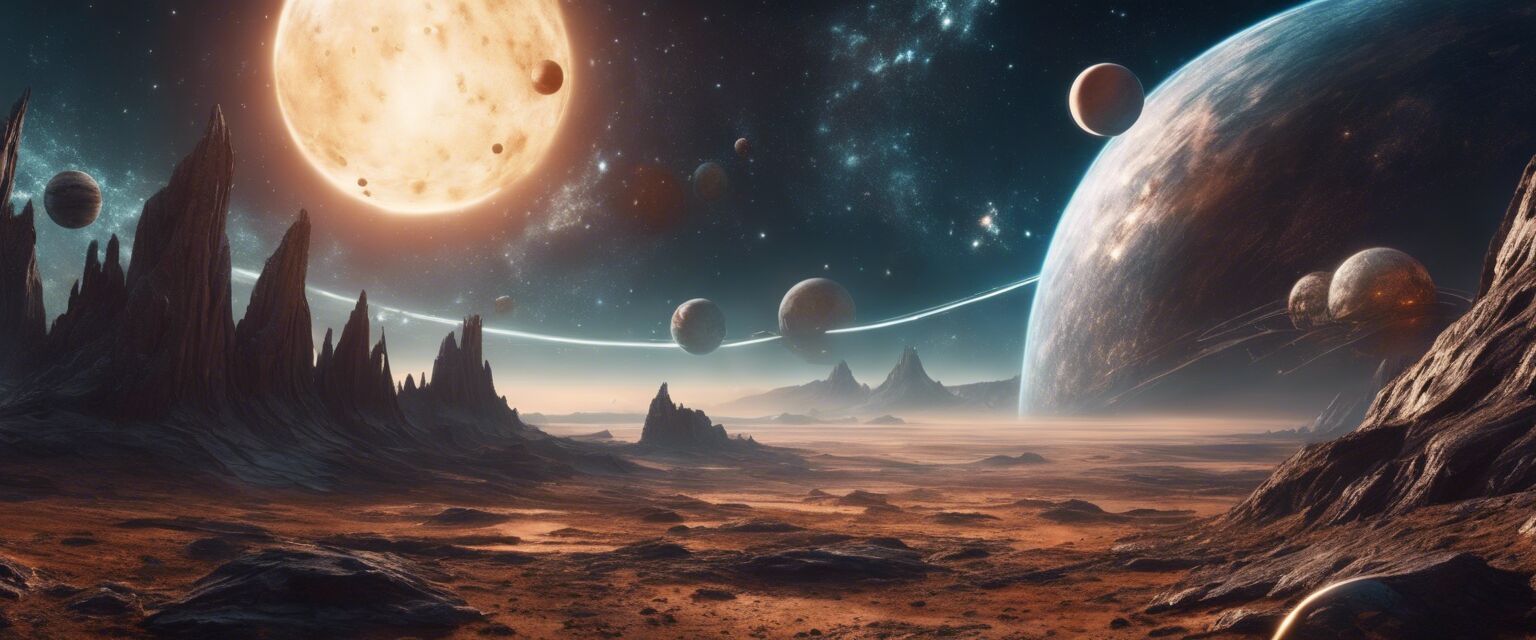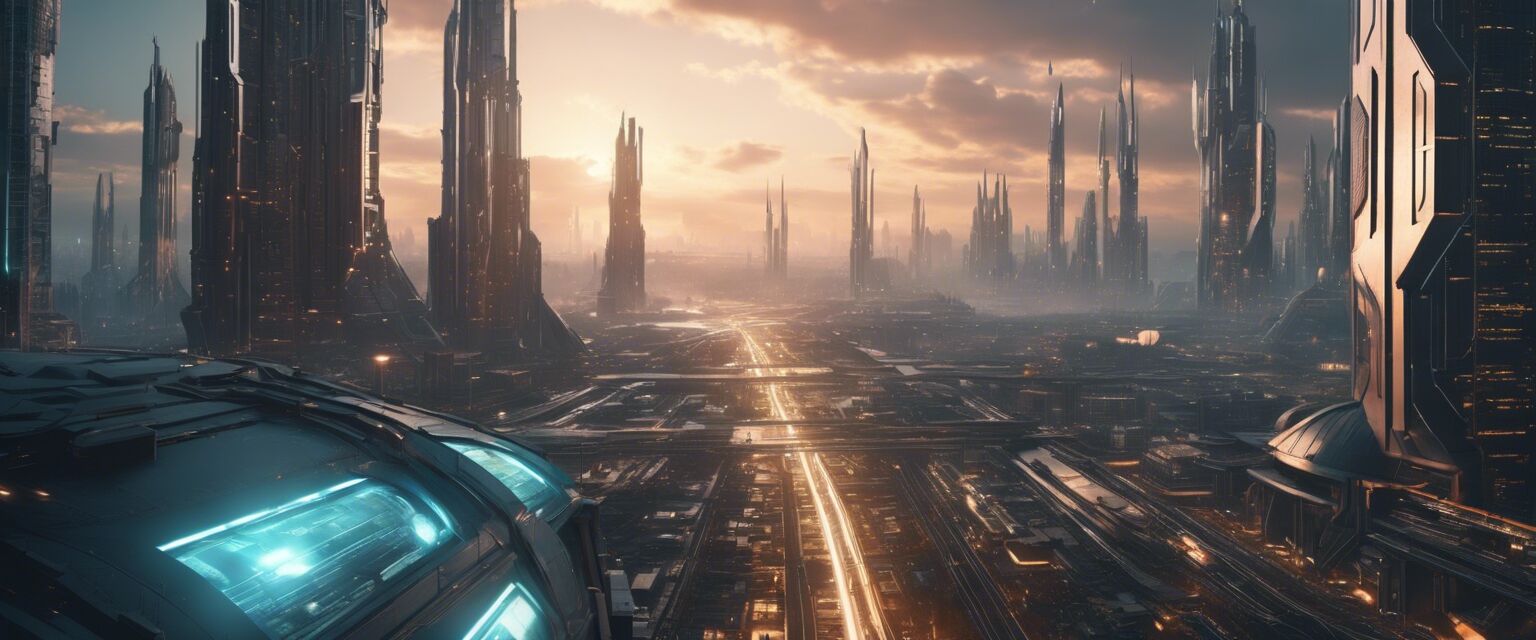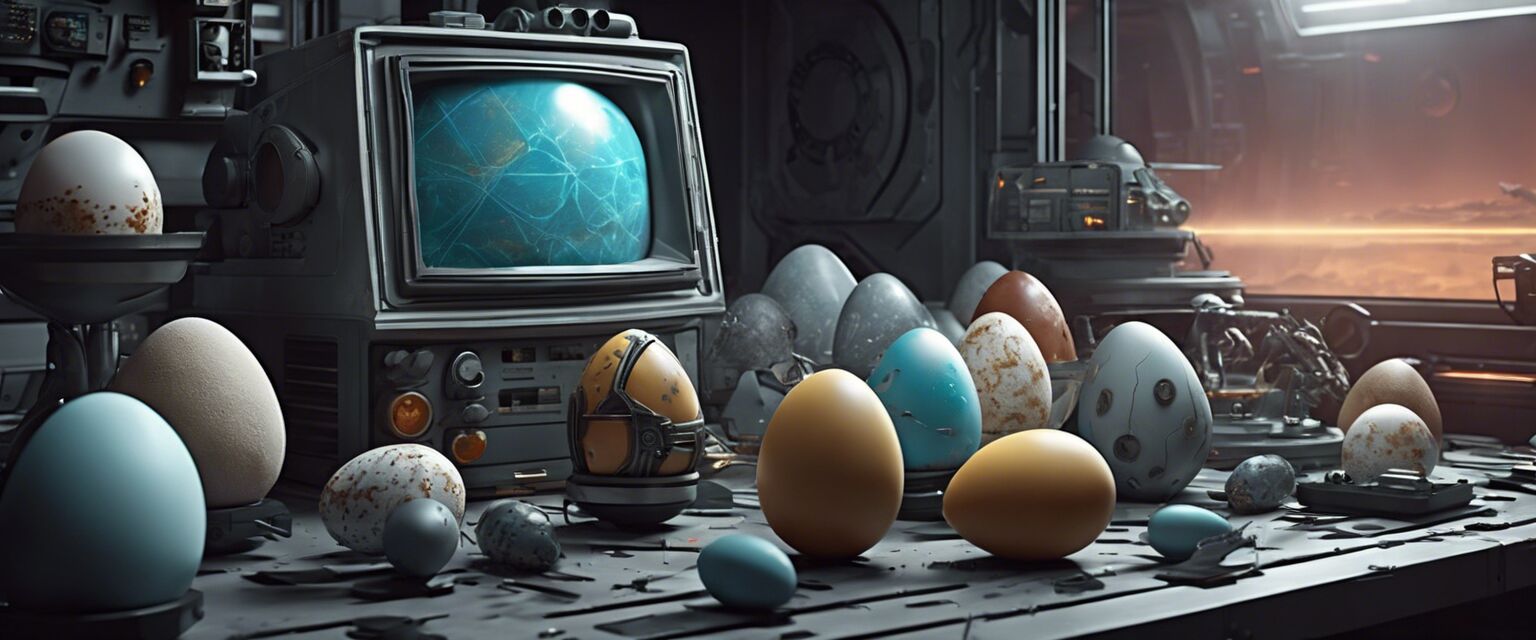
Sci-Fi TV Fan Theories
Key Takeaways
- Fan theories can enhance the enjoyment of sci-fi TV shows.
- Speculations often combine clues from episodes with broader themes.
- Discussion forums are great places to share and develop theories.
- Engaging with fan art can provide visual interpretations of theories.
In the vibrant world of science fiction television, fan theories play a pivotal role in building excitement and enhancing the viewing experience. These theories often emerge from subtle clues, character actions, and intricate plotlines. Fans dive deep into the narrative, creating speculations that can lead to thrilling conversations and a community spirit. This article explores some of the most engaging theories surrounding popular sci-fi TV series, illustrating how fans keep the universe alive beyond the screen.
Understanding Sci-Fi Fan Theories
Fan theories are more than just wild guesses â they're a way for viewers to engage more fully with the material. These theories often arise from:
- Subtle hints dropped in episodes.
- Character motivations and development.
- Thematic elements that connect different story arcs.
Popular Sci-Fi Shows with Engaging Fan Theories
Many science fiction shows have captivated audiences with intricate plots that spark creative theories. Below are a few that have generated substantial discussion among fans.
| Show | Notable Theories | Discussion Forum Link |
|---|---|---|
| Stranger Things | The Upside Down is a parallel universe created by Eleven's powers. | Join the discussion |
| Westworld | The hosts' memories are linked to real-world events. Example: Ford's narrative is based on human history. |
Discuss here |
| The X-Files | Mulder and Scully are in a simulation designed by the Syndicate. | Explore theories |
| Black Mirror | All episodes are interconnected in a dystopian future. | Check theories |
| Doctor Who | The Doctor represents humanity's potential and folly. | Engage here |
Community Involvement and Theorizing
Many sci-fi fans find great enjoyment in discussing and debating different theories within forums, social media groups, and dedicated websites. Community involvement plays a crucial role in honing and evolving these theories. Here are some popular platforms:
- Forums and Discussions - Engage with other fans and share theories.
- Fan Art - Find artistic interpretations of your favorite shows and theories.
Creating and Sharing Fan Theories
To effectively create and share your own fan theories, consider the following tips:
- Always support your theory with evidence from episodes.
- Engage with other fans to expand your perspective.
- Create fan art or visuals to represent your theory.
- Participate in discussions on social media platforms.
- Keep an open mind; theories might evolve as new episodes air.
Highlighted Fan Theories Across Series
Here are some more fan theories that have generated considerable buzz:
| Theory | Show | Brief Overview |
|---|---|---|
| The characters are all parallel versions of the same person. | Rick and Morty | Fans speculate that each character represents different aspects of Rick's personality. |
| The Star Wars saga is a circular time loop. | Sci-Fi Movies | Some theories suggest that events repeat across time due to time travel. |
| The creation of the monsters is tied to human experiments. | Stranger Things | Explores the intersection of science and supernatural elements in narrative. |
| Each episode is a different timeline of the same story. | Black Mirror | Fans believe different stories reveal the consequences of technological advancements. |
| Sherlock Holmes is a time traveler. | Sherlock | The transitional timelines throughout the series prompt theories about time travel. |
Conclusion
Fan theories are an integral part of the science fiction television experience, creating a rich tapestry of speculation and imagination. They encourage viewers to dive deeper into narratives, engaging with the material and with fellow fans in exciting ways. So, whether youâre a casual viewer or a dedicated fan, embrace the power of these theories in shaping your viewing journey.
Pros
- Fosters community and discussion among fans.
- Enhances viewing experience by engaging audiences deeper.
- Encourages creative expression through fan art.
Cons
- Theories may lead to unrealistic expectations.
- Some fans can become overly obsessed with unproven theories.
- Contradicting theories can create division among fans.
Further Engagement
If you're eager to expand your engagement with the sci-fi universe, consider exploring:
- Movie Reviews - Find out more about related movies.
- TV Show Reviews - Check out reviews on trending shows.
- Merchandise - Discover fun products and collectibles.
- Behind the Scenes - Dive into what goes on in the background.
- Streaming Platforms - Get information on available platforms.
